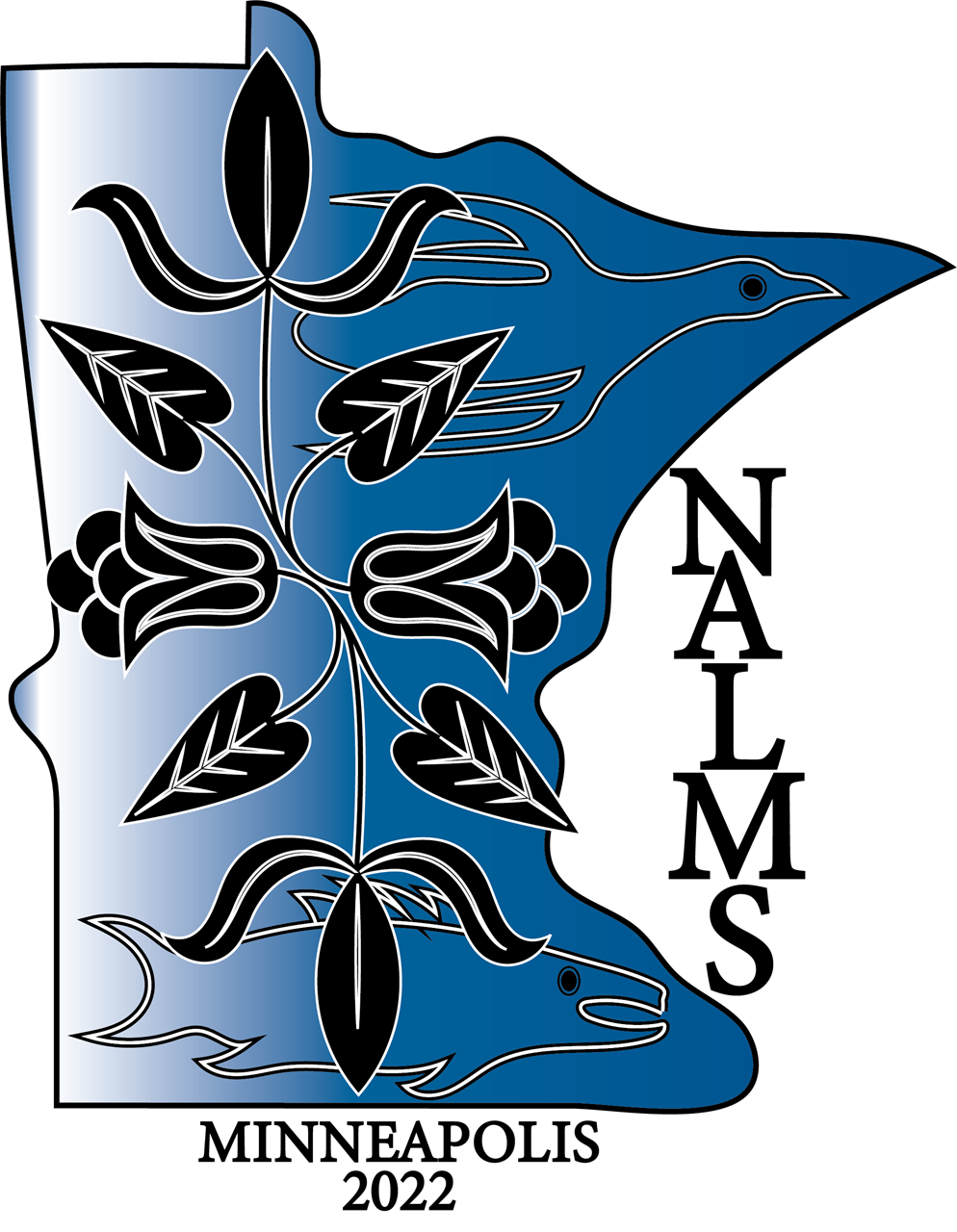
During this four-part workshop, we will discuss the steps of data processing, management, and analyses involved with long-term vertical profile temperature and dissolved oxygen (DO) sensor data collected by many of the partners within the collaborative Regional Monitoring Network (RMN)*. We will discuss data summary/visualization and quality control (QC) techniques that partners have been using, lessons learned from the field, and array design/equipment worksheets. We will conclude with a presentation on how time lapse camera imagery is being used to document ice on/off and freeze/thaw cycles, and how those images correspond to the timing of mixing events based on sensor data. The workshop will include a mix of presentations, panel discussions, demonstrations of R Shiny apps (RMN Data Summary and Visualization; LakeMonitoR; ContDataQC; Aquatic Ecological Logger Processing) plus some opportunities for hands-on testing (pending participant interest).
*RMN partners include: CT DEEP, Fond du Lac (MN), MassDEP, ME DEP, MN DNR, NH DES, NJ DEP, NY DEC, Red Lake (MN), VT DEC, WI DNR, 1854 Treaty Authority (MN), Grand Traverse Band of Ottawa and Chippewa Indians, IL EPA, Indiana DEM, Lac du Flambeau Band (WI), Little River Band of Ottawa Indians (LRBOI) (MI), Mille Lacs Band of Ojibwe (MN), NPS - Great Lakes Network, Prairie Island Indian Community (MN)
Presenters
Erik Leppo has worked for Tetra Tech for over 25 years. He analyzes data and provides technical support to clients in all aspects of data management, data quality management, GIS data processing and analysis, data analysis, taxonomic quality control, and field collection. Recent projects have involved using R programming and shiny apps on national conductivity, index calculation, causal assessment, continuous data QC, and USEPA’s Data Discovery Tool. He is experienced with taxonomic quality control comparisons, data QA/QC, developing reference condition benchmarks, data analysis, and tool development for biological condition gradient.
Kellie Merrell is an aquatic ecologist with the Vermont Lakes and Ponds Management and Protection Program. She has been monitoring Vermont’s inland lakes for compliance with the Clean Water Act since 2001. Prior to working on lakes she worked for EPA monitoring estuaries as part of the Mid-Atlantic Integrated Assessment. She also worked in Environmental Consulting. She received her MS at University of Maryland’s Horn Point Laboratory studying the freshwater plant Vallisneria americana.
Tim Martin is the Long-Term Monitoring Data Specialist for the Minnesota Department of Natural Resources (MNDNR) Sentinel Lakes Program. He is responsible for planning, coordinating, directing, and implementing the management, sharing, and visualization of the data collected through this program as well as data analysis and assisting in field work and program management. Prior to working for the MNDNR, he was a GIS Project Manager. He received his MS in Water Resources Science at the University of Minnesota Twin Cities and his BS from Samford University in Birmingham, Alabama.
Casey Schoenebeck is the program coordinator for the Minnesota Department of Natural Resources (MNDNR) Sentinel Lakes Program. He is responsible for coordinating the collaborative, multiagency monitoring program and facilitating research among internal and external scientists to help detect and understand long-term changes in Minnesota lakes. He received his PhD in Wildlife and Fisheries Sciences at South Dakota State University, MS in Natural Resources at the University of Wisconsin Stevens Point and his BS in Fisheries and Wildlife Biology from Kansas State University.
Jen Stamp is an aquatic ecologist with Tetra Tech’s Center for Ecological Sciences, where she has worked since 2007. She works on a wide range of projects, including the Regional Monitoring Networks (RMNs), bioassessment, climate change, condition assessments in coastal and freshwater ecosystems, causal assessment/stressor identification, statistical analyses and GIS mapping. Prior to working at Tetra Tech, she worked for the Vermont Department of Environmental Conservation, Biomonitoring and Aquatic Studies Unit. She received her MS at Ohio University and her BA from Dartmouth College.
Kiyoko Yokota is a limnologist with a particular interest in phytoplankton population dynamics. She teaches undergraduate and graduate limnology, lake management, and other biology courses at State University of New York at Oneonta and volunteers for Otsego Lake Association. She graduated with a B.S. (biology w/ ecology emphasis) from Saint Cloud State University in Minnesota and qualified as an Associate Professional Engineer (As.P.E.Jp) while working for a civil engineering consultancy in Tokyo, Japan, on projects related to new dam construction proposals and management of existing reservoirs. Kiyoko earned a Ph.D. in Ecology, Evolution and Behavior from University of Minnesota and completed a short-term postdoctoral training at Netherland Institute for Ecology (NIOO-KNAW).